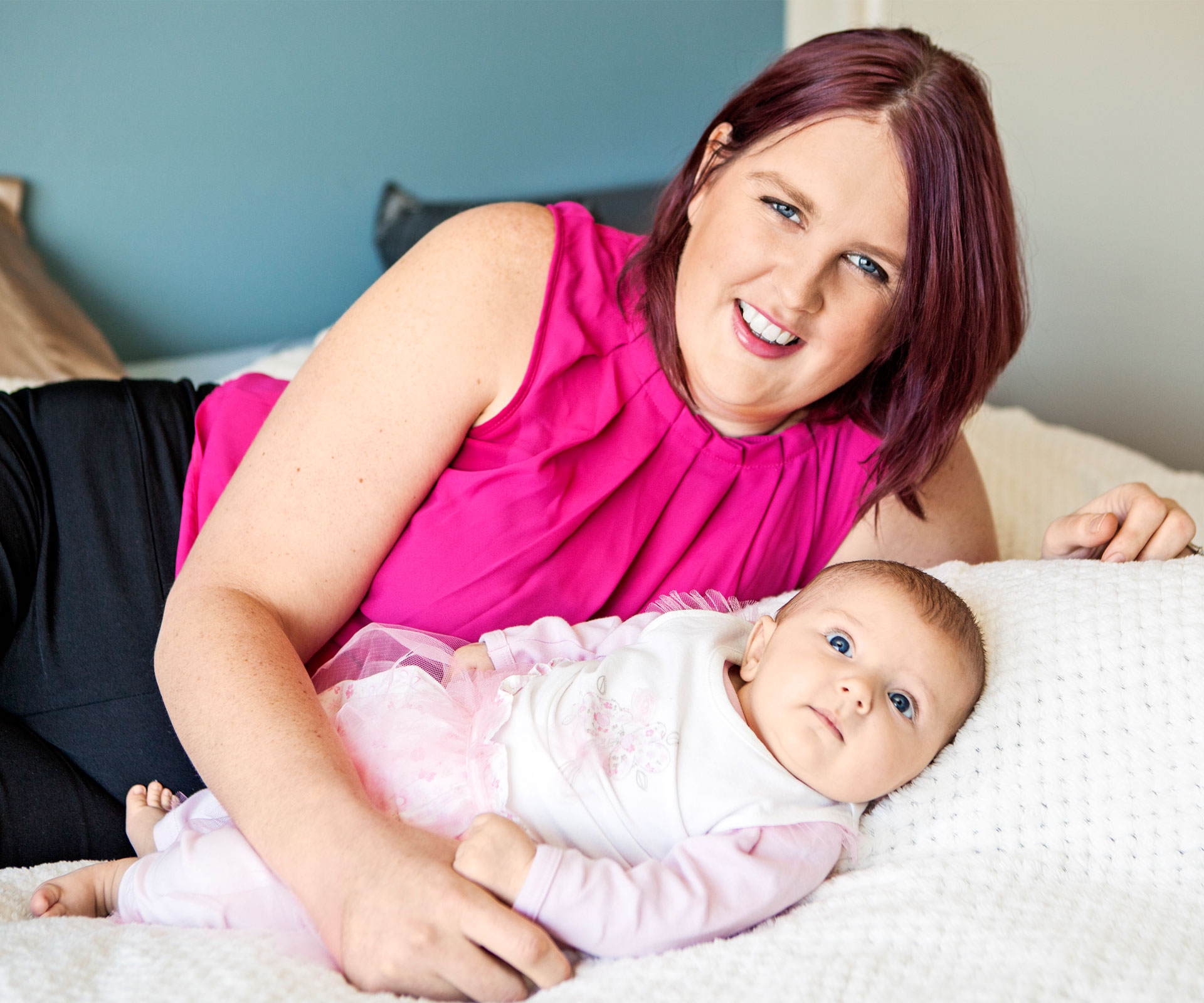Like most children, the four Comer sisters know how precious they are to their mum and dad, Jodi Wrightson and Rod Comer. But Rebecca, 14, Paige, 11, Amber, six, and three-year-old Abbie might never fully comprehend the mammoth effort their parents have made just to keep them alive.
The girls, who live with their family in Ruakaka, 30km south of Whangarei, are believed to be the only people in New Zealand with primary immune deficiency, complement component 2.
Over the past 14 years, something as seemingly harmless as a cold, small cut or even a prickle has resulted in hospitalisation because the disorder means the girls struggle to fight most bacterial infections, specifically of the lungs, the membrane covering the brain and spinal cord, the blood, throat and tonsils and the skin.
“For most children, an ear infection means a trip to the GP and some antibiotics,” explains Jodi, 33. “For us, it can literally mean ICU and hospital.”
All four girls were diagnosed in 2013, after a decade-long merry-go-round of sickness and hospital admissions. Amber, who is the worst affected, celebrated her first birthday in Whangarei Hospital. “Her first year was hell,” recalls Jodi. “We had 40 overnight admissions in the first 12 months.”

“We’ve missed so many birthday parties and events due to illness,” says mum Jodi (second from left with husband Rod and the girls). “It breaks my heart.”
The couple used to manage a dairy farm in Northland but had to give it up because of their girls’ unstable health.
“I spent years telling the doctors, ‘Something isn’t right,’ but they kept patting me on the head and saying we just had sickly kids,” tells Jodi.
First-born Rebecca is only mildly affected by primary immune deficiency, but her younger sister Paige was sick from birth. By the time she was four, Paige had been admitted to hospital three times for potentially life-threatening bacterial infections. When she was 12 months old, she had infected lymph nodes removed from her neck, with a year of antibiotic treatment.
“We had constant cellulitis [an infection of the skin and surrounding tissue], septicaemia [blood infection] and double kidney infection – weird and wacky things that no-one else’s child was getting,” explains Jodi.

Amber
The doctors at Whangarei Hospital took great care of Paige, but because the deficiency is so rare, they didn’t investigate further. By the time Amber was born, she was also constantly sick and the family was at breaking point.
“Again I said to the doctors, ‘This cannot be a coincidence – there has to be something more to it,’” remembers the devoted mum.
The list of Amber’s problems in the first year of her life reads like a medical journal. As well as constant ear and chest infections, croup and bronchitis, the little one had blood infections, pneumonia, pleurisy and life-threatening bacterial meningitis.
The demands of running a farm became impossible, says Rob, 46. “We juggled things as best we could, but at a moment’s notice, we had to drop everything and run to hospital.”
Finally, specialists began to run tests on Amber when she was almost two. After countless MRIs, ultrasounds and blood work, the diagnosis was made.

Abbie and Rebecca
By then, wee Abbie had also joined the family and, like the others, was constantly sick.
“We pushed for all four girls to be tested and, lo and behold, they all had the same thing,” recalls Jodi.
Since there’s no cure, Jodi and Rod fight germs as best they can. Visitors to their Northland home are only welcome if they are healthy and must use hospital-grade hand sanitiser at the front door.
If anyone in the family gets a sniffle or cough, they’re sent to their room to reduce the risk to the others and must wear a hospital face mask. Last year alone, the family went through a box of 50!
To ward off skin infections, the younger children bathe each night in water mixed with half a cup of liquid bleach. Shoes are compulsory – a small cut can mean a trip to hospital – and any tiny abrasion must be immediately treated with iodine and covered.

In addition, Amber and Abbie take antibiotics every day – and possibly will forever. “It’s a small price to pay for giving them a shot at better health,” asserts Jodi.
The Comer family want to share their story to promote a better understanding of primary immune deficiencies. According to the Immune Deficiencies Foundation of New Zealand, some of the warning signs include multiple infections, often in unusual places, that don’t respond to treatment and a child who doesn’t grow or put on weight as expected.
Jodi says the family hasn’t found any others in NZ with the same type of deficiency and they’re undergoing genetic testing to pinpoint the gene that may be responsible.
In the meantime, though, Jodi and Rod are grateful to finally have a diagnosis and are determined to do their best to keep their girls healthy.
“We know it will be an ongoing struggle,” admits Jodi. “But with the right systems in place and better understanding, our girls can keep living life and smiling.”

.jpg)
